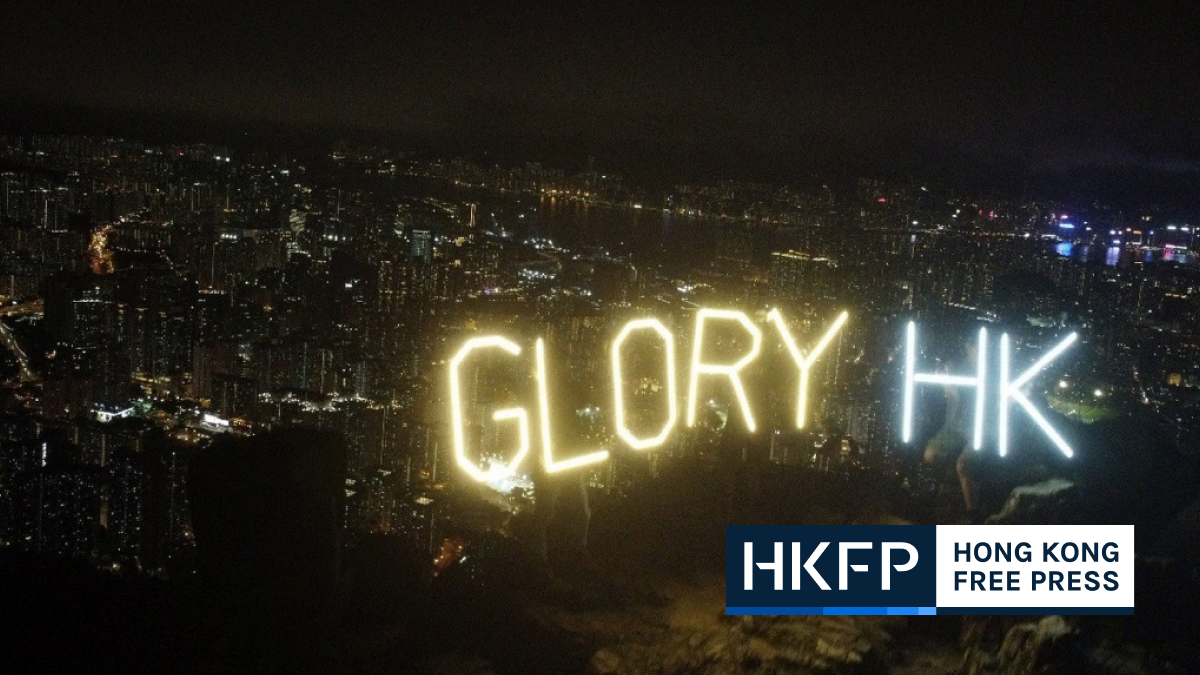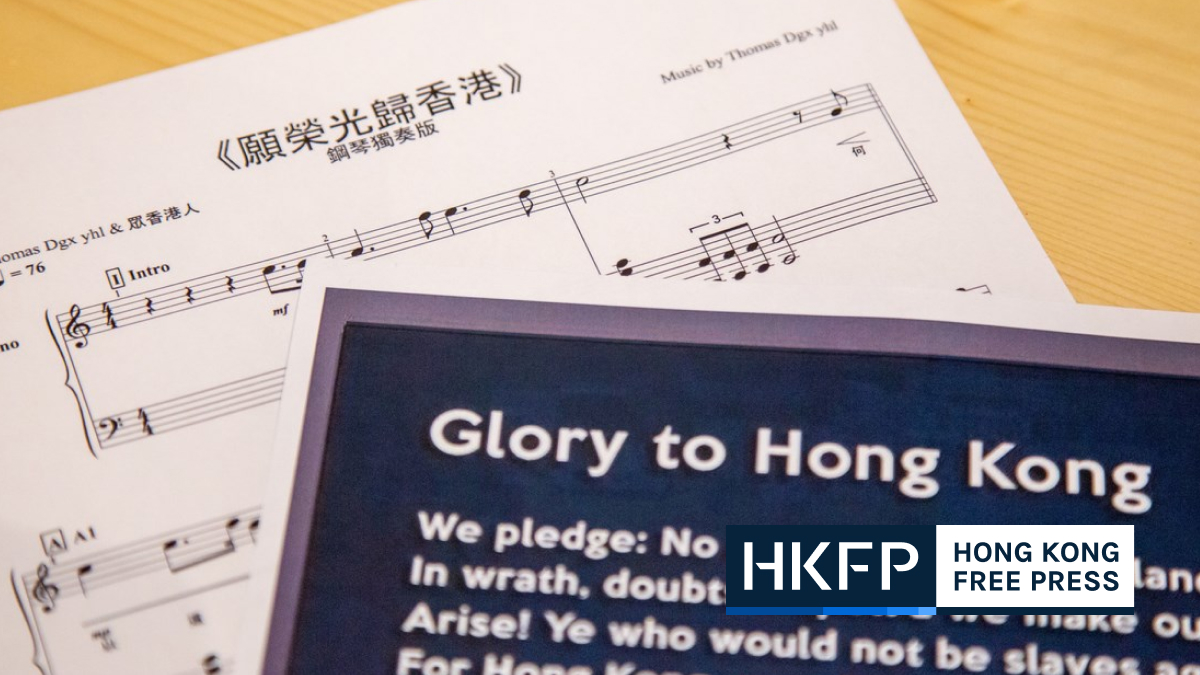Hong Kong leader John Lee has failed to give a yes-no answer over the legality of mourning the victims of the Tiananmen crackdown ahead of its anniversary on Sunday. Residents must obey the law and consider the consequences of their actions, he said.

The city’s police force would take resolute actions if any activity, especially “public order activities,” contradicted the law, Lee said at a routine press briefing on Tuesday morning ahead of a meeting of the Executive Council. His remarks were made in response to questions on whether it was legal for Hongkongers to publicly and peacefully mark the 34th anniversary of the crackdown.
“Everybody should act in accordance with the law and think of what they do, so as to be ready to face the consequences,” he said.
The Tiananmen crackdown occurred on June 4, 1989 ending months of student-led demonstrations in China. It is estimated that hundreds, perhaps thousands, died when the People’s Liberation Army cracked down on protesters in Beijing.
Prior to the Covid-19 pandemic and the promulgation of the Beijing-imposed national security law in 2020, Hongkongers had held annual candlelight vigils at Causeway Bay’s Victoria Park to commemorate the Tiananmen victims for decades. The assembly was banned in 2020 amid Covid-19 restrictions, and there has been no vigil for the past three years.
The Hong Kong Alliance in Support of Patriotic Democratic Movements of China, which organised the city’s annual vigils, disbanded in 2021 following the arrests of several of its former leaders. Three have been arrested and charged under the security legislation for alleged incitement to subversion. They could face up to 10 years in jail if convicted.

Lee on Tuesday became the third top government official who was unable to say if commemorating the Tiananmen victims was permitted by law. Last week, Secretary for Justice Paul Lam called similar questions “hypothetical” and refused to give an answer. When asked whether Hongkongers could mourn “on their own initiative,” he said that the public should remain aware of obeying the law.
Secretary for Security Chris Tang, on the other hand, said on Monday that the authorities would take action against people who plan to harm national security on “a special occasion in a few days time.” He did not specify which “special occasion” he was referring to and did not name any individuals or groups.
Lee echoed Tang’s remarks Tuesday, saying all activities in Hong Kong would be handled by law enforcement agencies in accordance with the law.
“Any activity that contradicts the law, of course the police will have to take action. Police will take action resolutely, particularly in regards to public order activities,” the chief executive said.
This year on June 4, Victoria Park in Causeway Bay, where previous Tiananmen vigils were held, will host a carnival organised by 26 pro-Beijing associations. The event which will take place between June 3 and June 5 will occupy four football pitches in the park, the organisers said at a news conference on Monday.

More than 200 booths would be set up to sell specialty products from various mainland Chinese provinces, they said, adding the event aimed to promote social harmony and allow Hongkongers to purchase affordable goods.
Asked why they chose to organise the carnival at Victoria Park and on dates covering June 4, the organisers said they picked the Hong Kong Island because similar events had been held in Kowloon and the New Territories before. It was merely a coincidence that the Leisure and Cultural Services Department approved those dates, they said.
“We often hold these events, and coincidentally our application for this time was approved,” said Tang Ching-ho, first executive chairman of the Federation of Hong Kong Guangdong Community Organisations.
In June 2020, Beijing inserted national security legislation directly into Hong Kong’s mini-constitution – bypassing the local legislature – following a year of pro-democracy protests and unrest. It criminalised subversion, secession, collusion with foreign forces and terrorist acts, which were broadly defined to include disruption to transport and other infrastructure. The move gave police sweeping new powers, alarming democrats, civil society groups and trade partners, as such laws have been used broadly to silence and punish dissidents in China. However, the authorities say it has restored stability and peace to the city.
Support HKFP | Policies & Ethics | Error/typo? | Contact Us | Newsletter | Transparency & Annual Report | Apps
Help safeguard press freedom & keep HKFP free for all readers by supporting our team

latest national security stories
Support HKFP | Policies & Ethics | Error/typo? | Contact Us | Newsletter | Transparency & Annual Report | Apps
Help safeguard press freedom & keep HKFP free for all readers by supporting our team




























